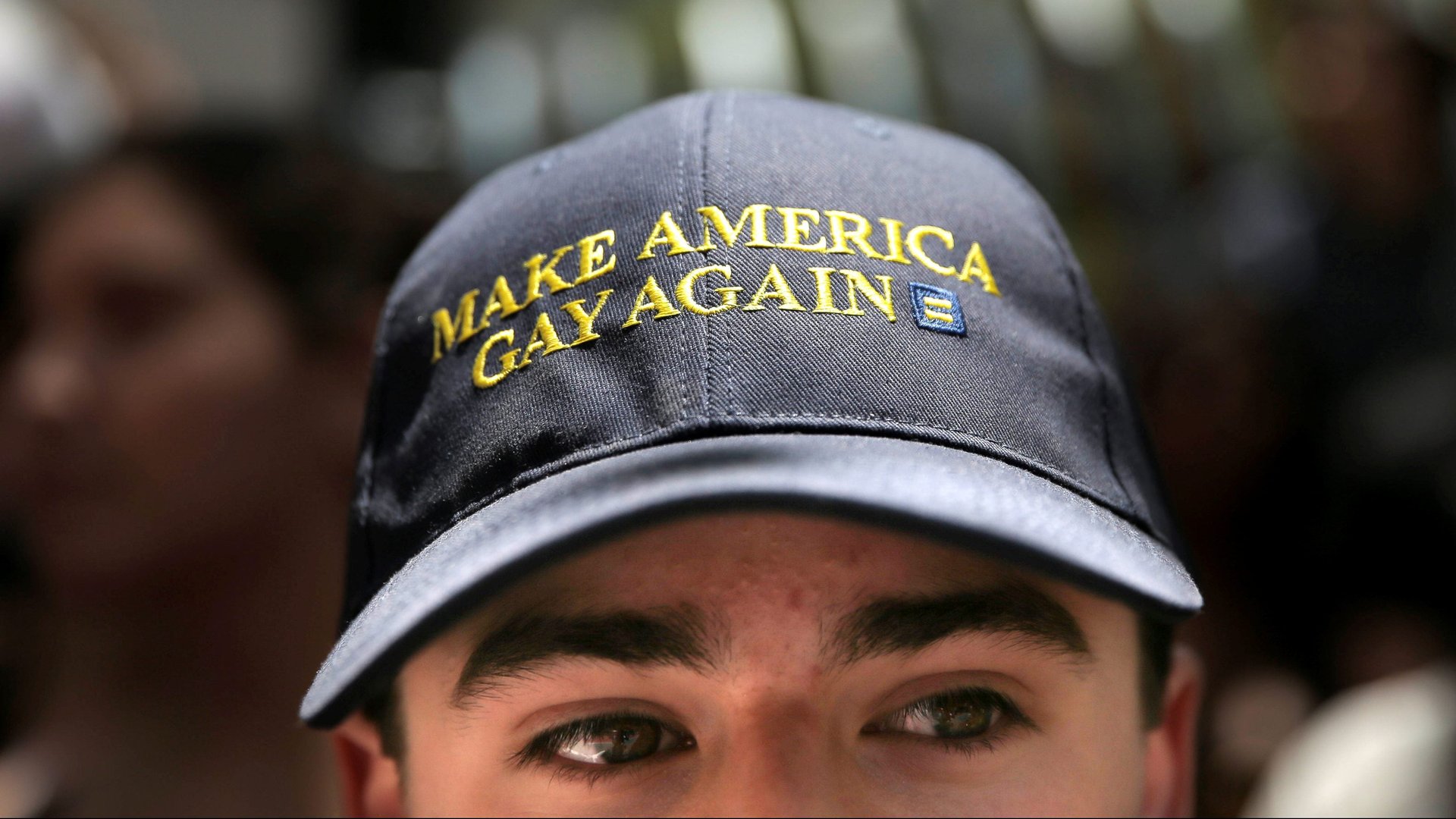A Harvard study confirms LGBT people are more likely to come out where same-sex marriage is legal
Across the US, many LGBT people are still afraid to openly express their sexuality, and government policy can have a direct impact on whether they are comfortable taking that step.


Across the US, many LGBT people are still afraid to openly express their sexuality, and government policy can have a direct impact on whether they are comfortable taking that step.
A comprehensive study that tracks nearly 70,000 women across the US shows those living in states recognizing same-sex relationships appear more likely to come out as LGBT than those living in states that do not. The data comes from the Nurses’ Health Study II, a cohort of registered female nurses aged 25 to 44 who completed questionnaires every two years for the past two decades.
Those who reported being heterosexual in 1995 were 30% more likely to report being lesbian or bisexual in 2009 if they lived in a state which recognized same-sex relationships, compared to those who lived in states with no recognition.
“Social policies, such as same-sex marriage laws, can create an unsupportive or a supportive environment for disclosing one’s sexual orientation,” says Brittany Charlton, a Harvard Medical School epidemiologist, and the lead author of the study. “Which not only is a concern for research findings but also puts those individuals at elevated risk for adverse health outcomes including depression, anxiety, and limited social support.”
Other studies have shown that LGBT people in the US still have many reasons to be afraid to openly express their sexuality. In August this year, the first nationwide study asking American high school students about their sexuality found that lesbian, gay and bisexual (LGB) teens were at a greater risk than their heterosexual peers for discrimination, social rejection, depression, family disapproval, and violence. They were far more likely to be bullied—34% of LGB teenagers reported being bullied at school as opposed to 19% of heterosexual youth.
The new political climate may well exacerbate this fear, and make it even harder for LGBT people to feel comfortable coming out. “The incoming administration ran for office on the most discriminatory platform in history regarding sexual orientation and gender identity,” says Charlton, adding that there is a “real concern about the lives and safety of LGBT individuals across the country.”
While Donald Trump made a few ham fisted attempts to show his support for the LGBT community on the campaign trail—unfurling a rainbow flag with “LGBT” written on it at a rally in October—many are afraid their rights will be curtailed under the Trump administration. Not only has Trump picked a fervently anti-gay vice president in Mike Pence, his choice for attorney general, Jeff Sessions, voted to ban same-sex marriage and opposed the repeal of “Don’t Ask, Don’t Tell,” the policy that allowed LGBT people to serve in the military. Trump himself has publicly opposed the 2015 Supreme Court decision that legalized same-sex marriage nationwide.
“The incoming Trump administration has not provided any reassurances that the rights of LGBT individuals will be protected,” says Charlton. “Even if rights remain in place like those to marriage and military service, the new administration could deny equality to LGBT people in other ways. Employment and housing discrimination will continue without new legislation like the Equality Act and other advances could be halted that the Obama administration put in place.”